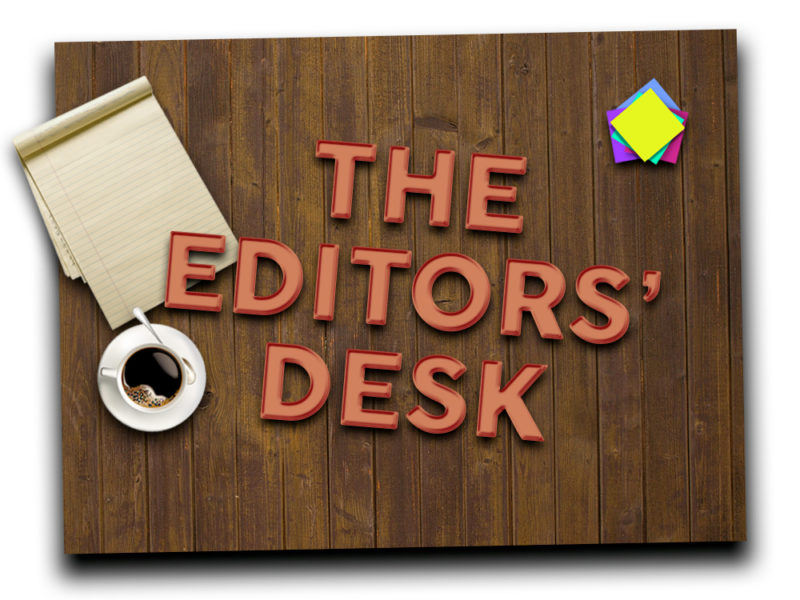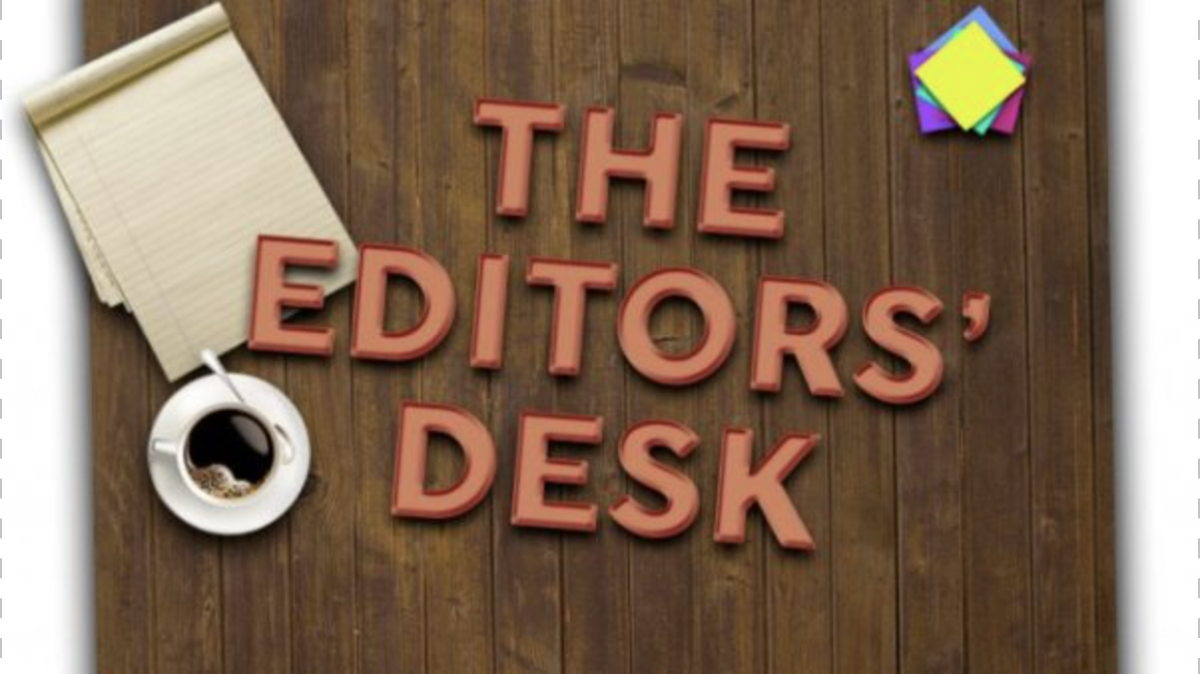We wish that anyone who believes in the virtue of democracy could see the value of a journalist’s work as clear as day.
Too often, however, reporters are painted as a prying, invasive presence. Popular media often depicts reporters as bullies, associating responsible reporters with tabloid paparazzi. These representations eclipse the banal reality of most journalists’ work.
Trinitonian writers are constantly emailing and meeting with public figures on campus: university administrators, staff supervisors, professors, student government officials, officers in student clubs and more. Sometimes we’re previewing some innocuous on-campus event or another. Sometimes we take a critical look at what the university is up to.
Even when we disagree with professionals’ actions and opinions, we take care to be fair, if direct. It’s what we do as journalists.
We take full command of the rights afforded to citizens so that we can perform valuable public services. We are assertive but balanced when we inquire into campus controversies; we investigate allegations and rumors with caution and diligence; we provide the campus with a free public forum in the opinion pages. And when we make mistakes, we’re eager to learn a lesson from it.
Case in point: Last week we ran a story about changes to the political science department’s approach to offering courses that include a study-abroad component. While it was true that the department changed what courses it was offering, that wasn’t due to any change in policy or other long-term planning; it was just a fluke, a series of misunderstandings that never became clear to us until David Crockett, the department chair, brought it to our attention Wednesday evening. The online version of the article has since been amended.
Reporters don’t receive special privileges for being journalists; really, anyone could conduct interviews and print articles, if they had the time, money and energy. But we hold ourselves to high standards and take criticism seriously.
Yet, even at Trinity, our newspaper staff is treated unprofessionally every now and then, with disrespect or suspicion.
Last week, our news editor Kathleen Creedon attended an on-campus lecture that was pertinent to a news story. When the man presenting learned that our reporter was a student journalist, he began to directly address her each time he discussed the views of liberals. He took frequent breaks from his speech to instruct her what to write down. “Make sure you got that.” Yes, of course she got it.
A veteran editor once asked a top university official if he’d like to conduct an interview over email. He said yes “” and sent her a set of questions and answers that he wrote. His tone was tongue-in-cheek, but the whole exercise might charitably be described as “˜a bit much.’ Reporters know what questions to ask, or will learn through trial and error.
Grace Frye, our director of digital presence, had a tough time conducting interviews when we covered students’ reactions to President Trump’s election last November. Many students assumed that she was attempting to solicit interviews in bad faith, hoping to smear Trump supporters rather than provide a faithful account of the campus climate in the days following the election.
Interviewees frequently request to view a story or interview transcripts before we publish the article. In rare cases, an external authority might attempt or threaten to inhibit or restrain the publication of a story “” we call this prior review and prior restraint, respectively. It’s a threat to the free press. How could you trust the Trinitonian as a source of independent journalism if we were only publishing work that was green-lit, as if we were a public relations mill? We politely decline requests like these and “” more frequently than we’d like “” explain that these situations put our reputation at stake.
We do what we do in the name of the public good. We record our conversations because we are committed to accuracy. Our reporters remain observant, even when they aren’t on a deadline, because the most thrilling stories emerge organically before our eyes, not via rumor or a LeeRoy email. It’s not because we’re interested in snooping or violating anyone’s privacy.
Trust is a two-way street. We hope that our frankness and transparency will make it clear that we do what we do in good faith.







